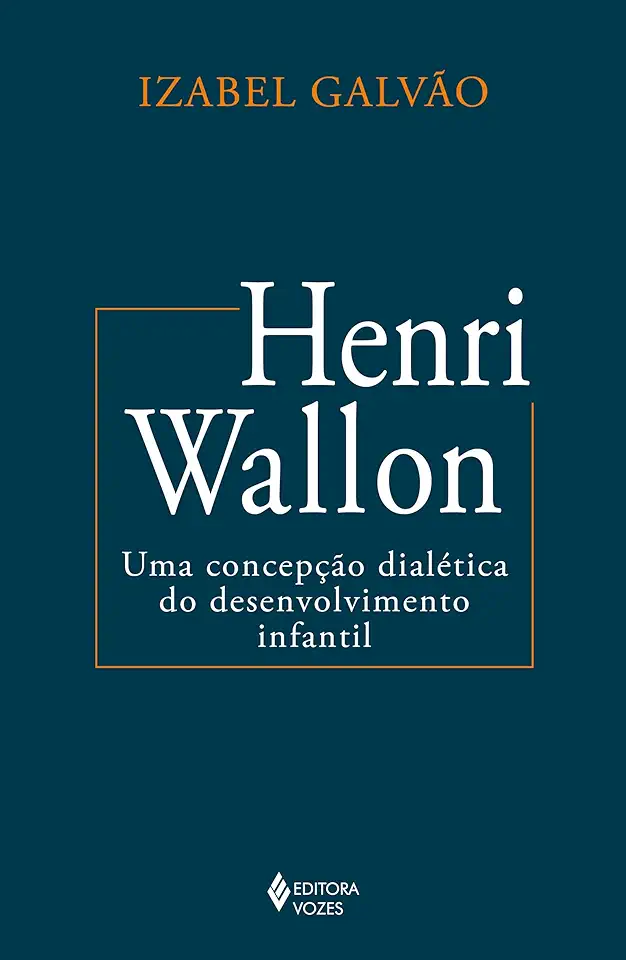
Henri Wallon - A Dialectical Conception of Child Development - Izabel Galvão
Henri Wallon: A Dialectical Conception of Child Development
A Comprehensive Exploration of Child Development
In his groundbreaking work, "Henri Wallon - A Dialectical Conception of Child Development," Izabel Galvão presents a comprehensive and thought-provoking exploration of the renowned psychologist's theories on child development. Through a meticulous analysis of Wallon's writings and research, Galvão offers a compelling argument for the significance of Wallon's dialectical approach in understanding the complex interplay of biological, psychological, and social factors that shape human development.
Wallon's Dialectical Approach
At the heart of Wallon's theory lies the concept of dialectics, a philosophical framework that emphasizes the dynamic interplay of opposing forces. Galvão meticulously demonstrates how Wallon applied this principle to child development, highlighting the continuous tension between the individual and the social, the internal and the external, and the biological and the psychological. This dialectical perspective allows for a nuanced understanding of the child as an active agent in their own development, constantly interacting with and transforming their environment.
Stages of Child Development
Galvão provides a detailed examination of Wallon's proposed stages of child development, each characterized by distinct emotional, cognitive, and social milestones. From the impulsive stage of infancy to the personalistic stage of adolescence, Wallon's theory offers a comprehensive framework for understanding the evolving complexities of the child's psychological landscape. Galvão's analysis sheds light on the intricate interplay of biological maturation, social interactions, and emotional experiences that drive the child's developmental trajectory.
The Role of Emotions
Galvão emphasizes the central role of emotions in Wallon's theory, arguing that they are not merely reactions to external stimuli but rather integral components of cognitive development. She explores how emotions shape the child's perception of the world, influence their social interactions, and contribute to the formation of their personality. This emphasis on the emotional dimension of development sets Wallon's theory apart from many traditional approaches and provides a deeper understanding of the child's inner world.
Implications for Education and Practice
Galvão concludes by exploring the practical implications of Wallon's theory for education and child-rearing practices. She highlights the importance of creating environments that foster emotional expression, social interaction, and active engagement with the world. By embracing Wallon's dialectical approach, educators and practitioners can better support the holistic development of children, nurturing their intellectual, emotional, and social well-being.
A Must-Read for Child Development Professionals
"Henri Wallon - A Dialectical Conception of Child Development" is an essential resource for child development researchers, educators, and practitioners. Galvão's comprehensive analysis of Wallon's theory provides a fresh perspective on the complexities of child development, offering a framework for understanding the child as a dynamic and multifaceted being. This book is a valuable addition to the field of child development and a must-read for anyone seeking a deeper understanding of the intricate processes that shape human growth.